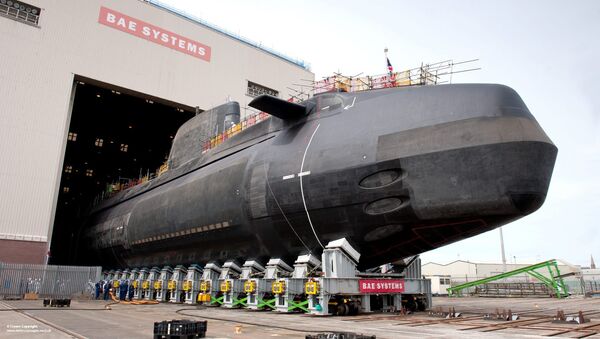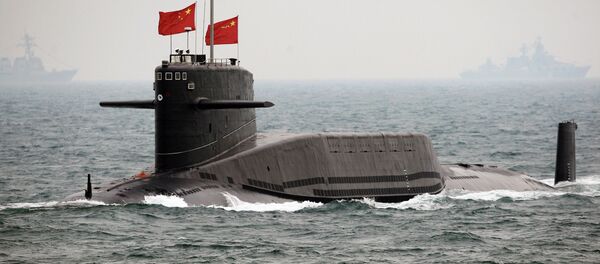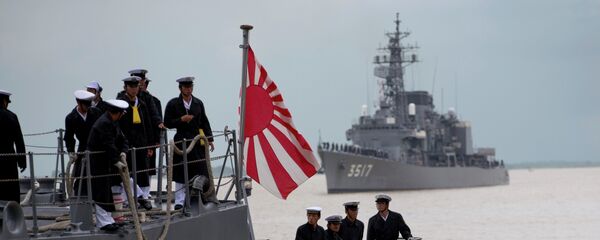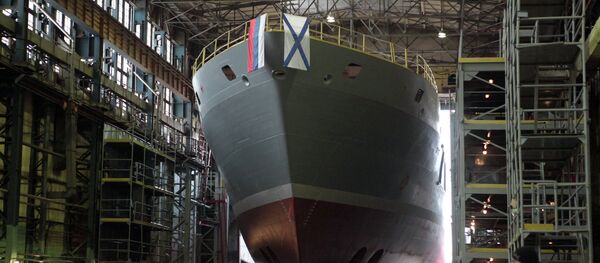With a $50 billion submarine project on the line, German defense contractor ThyssenKrupp (TKMS) has appealed to members of Prime Minister Tony Abbott’s Liberal Party. If awarded the contract, TKMS would train local, Australian contractors to build the submarines.
This would be a major boost to the Australian economy, and help establish the country as a regional shipbuilder in the long-term.
But TKMS has new competition, according to Japanese government officials speaking on condition of anonymity to Reuters.
Two leading British firms – Babcock International Group and BAE Systems – are in talks with the Japanese government. The goal is to ensure that Australia’s contract goes to Japanese companies Mitsubishi Heavy Industries and Kawasaki Heavy Industries.
"With Mitsubishi Heavy taking the lead, we are gathering information from both Japanese and foreign companies in regard to Australian industry but we are unable to disclose any specific names," a spokesman for Japan’s defense ministry told Reuters.
Both British companies are firmly established in the Australia. Babcock performs maintenance work on Canberra’s submarine fleet, while BAE Systems employs nearly 4,500 people building 27,000-ton amphibious assault ships. Both companies have a vested interest in keeping other European competitors out of the market.
"Japan is arguably ahead of the Germans and French in regard to its technology but lags in terms of doing business in Australia and organizing an industrial package there," a Japanese source said.
There is also that the possibility that Swedish company Saab will collaborate with Japan, though the company has not commented on its involvement.
Despite the growing international conglomerate working against it, TKMS remains confident that the benefits it would provide to the Australian economy are too strong for government ministers to ignore.
"There’s an awful lot of politicians across the board…that will not be very politically happy if this A$50 billion life cost sophisticated program goes to solve Japan’s deficit problem," TKMS Australia Chairman John White told Reuters.
"I think it’s compelling (to build the submarines in Australia," Senator Sean Edwards, chairman of the economics committee, added. "And I think this is a problem for Japan."
Largely due to its interest in countering what it sees as a growing Chinese threat in the South China Sea, Washington has been pressuring Pacific allies to form stronger bonds. Both Japan and Australia are crucial to the Pentagon’s aims in the region.
A decision will not be made until November, after the defense ministry has had time to review estimates submitted by all bidders.





